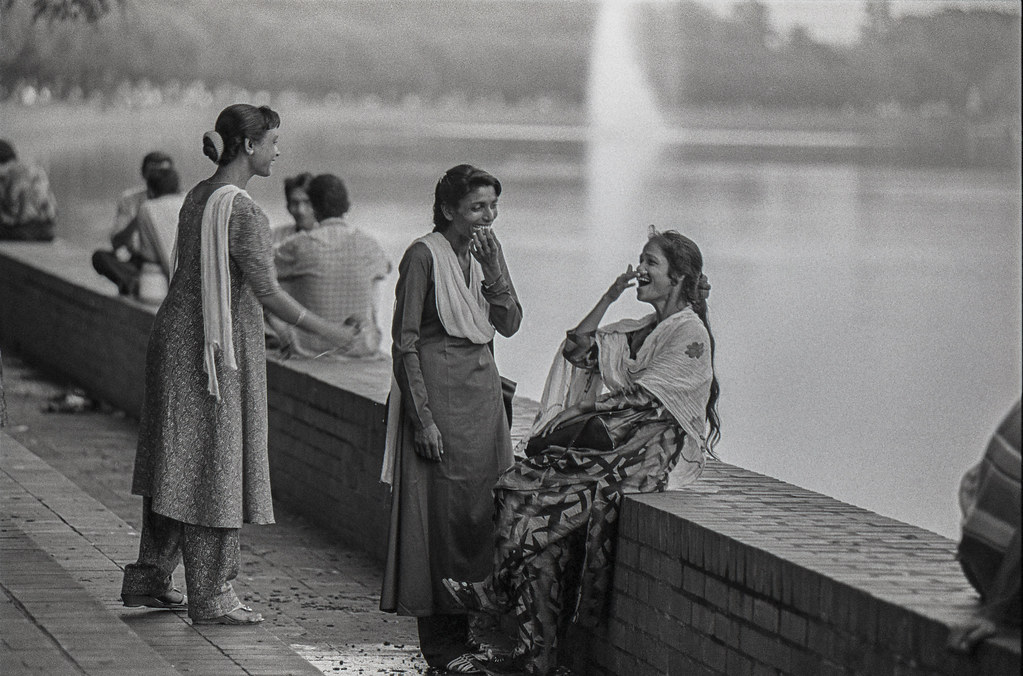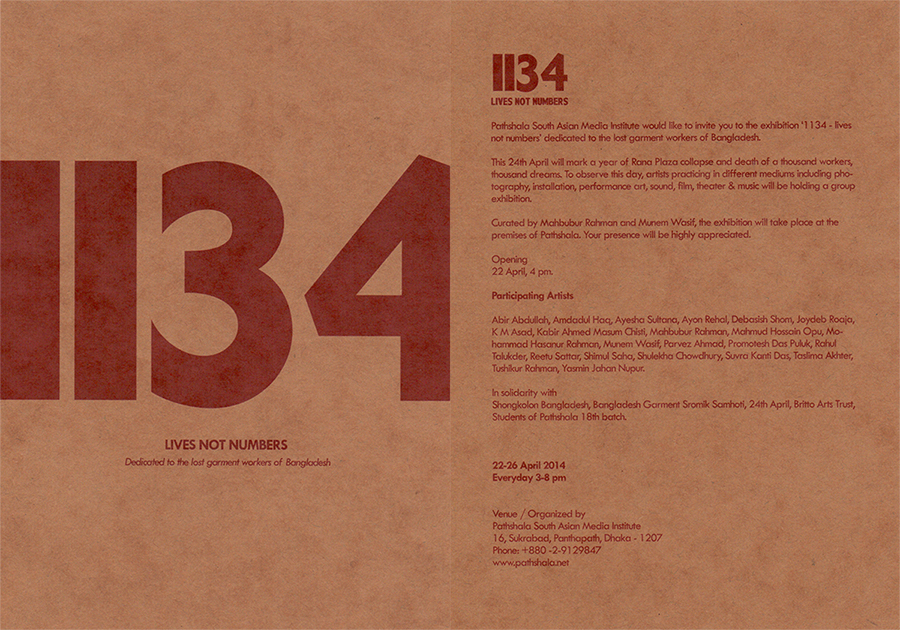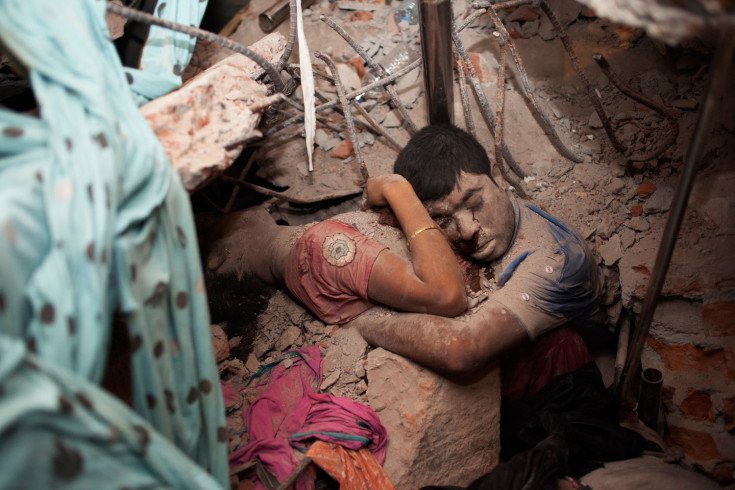Bangladesh is reeling under a spate of attacks against women. This includes rape, murder and sexual harassment. By far the majority of perpetrators are people…
Musings by Shahidul Alam
- About
- About Me
- Awards
- Bangladesh Oil and Gas
- Bangladesh Related Events Worldwide
- BDR Rebellion updates
- Books
- Breaking News
- Breaking News II
- Calendar 2008
- Campus Protests
- Chobi Mela VI Updates
- CMV Exhibits I
- CMV Exhibits II
- CMV Exhibits III
- CMV Exhibits IV
- CMV Exhibits V
- CMV Exhibits VI
- CMV Exhibits VII
- CMV Phase II
- CMV Press
- CMV Updates
- Contests and Grants archive
- Contests, Exhibitions, Festivals and Conferences II
- Conversations
- Crossfire
- Drik ICT
- Drik India Updates
- Drik Related News
- Drik Updates
- Drik Videos
- DrikPath building
- Events at Drik Gallery
- Events at Drik Gallery II
- General News
- General News II
- General News III
- Grants Fellowships Residencies Scholarships
- Grants, Fellowships, Residencies, Scholarships etc., archives
- Humour
- Interesting Videos
- Internships
- Interviews
- Job Offer Archives
- Job Offers
- Majority World Updates
- Maps
- Media Academy
- Must See
- New Recruits
- News
- News Archives
- Pathshala Update IX
- Pathshala Updates
- Pathshala Updates II
- Pathshala Updates III
- Pathshala Updates IV
- Pathshala Updates V
- Pathshala Updates VI
- Pathshala Updates VII
- Pathshala Updates VIII
- Pathshala Updates X
- Picture of the Week
- Picture of the week II
- Presentations
- Rahnuma Ahmed's updates on Moshrefa Mishu
- Sample Page
- Southern Exposure
- Subscribe and Unsubscribe
- The Tide Will Turn
- The unfolding crisis in Pakistan
- Things friends have been up to
- Things friends have been upto II
- Webcasts
- Webinars
- Workshops Courses, Conferences, Seminars, Webinars
- Workshops, Courses and Conferences Archives
- Contests, Exhibitions, Conferences and Festivals
- Profile



